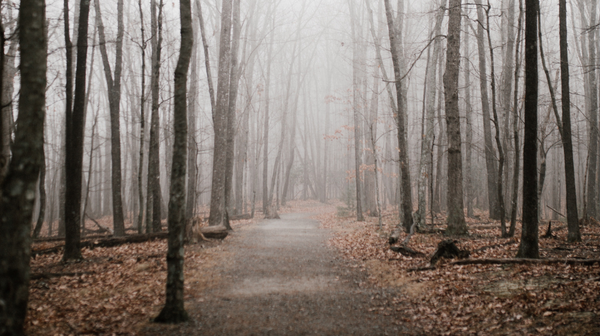When readers want to completely immerse themselves in a whole new world of danger, excitement, and wonder, they turn to speculative fiction. Writers in this genre create worlds no reader has ever been to before, no matter how much or how little the story deviates from real life. Alternate realities, futuristic worlds, and unchartered territories are what speculative fiction is all about. Here’s how to build and write in a whole new world of your own making.
Dive deep into speculative fiction subgenres
The world is your oyster when it comes to this genre. Speculative fiction encompasses a vast range of subgenres, from science fiction and fantasy to dystopian, paranormal, urban fantasy, space opera, horror, and more. Before you begin, delve into the specific subgenre you want to explore. Understanding its tropes and conventions will help you craft a more authentic and engaging story. Here is a breakdown of two of the most popular subgenres of speculative fiction:
Science fiction
This subgenre deals with futuristic concepts like parallel universes, space exploration, time travel, extraterrestrial life, and fictional and advanced technology. It aims to answer questions in ways no one has ever thought with eccentric yet amazing storylines. While there are many conflicting beliefs about what science fiction truly is, writer Isaac Asimov provides a simple explanation: “If a story is set in a universe that follows the same rules as ours, it’s science fiction. If it’s set in a universe that doesn’t follow our rules, it’s fantasy.”
Horror fiction
The main intention of stories in this subgenre is to shock and frighten readers, or even develop an intense repulsion for a particular character. Horror fiction capitalizes on our fear of the unknown, and often includes supernatural elements like ghosts and demons, witches and monsters, vampires and werewolves, and more.
Build a unique and engaging world
One of the defining features of speculative fiction is its ability to transport readers to otherworldly places. Take time to meticulously construct your story's world, whether it's an intergalactic empire or a magical realm hidden within our own. The more immersive and distinct your world, the more your readers will lose themselves in it.
Start with a mind-bending premise
In the speculative fiction realm, your premise should be as mind-bending as it gets. Think of it as the "what if" question that shapes your entire story. It should intrigue, challenge, and provoke thought, setting the stage for an epic journey.
Craft an intriguing hook
Your speculative fiction story should start with a hook that grabs your readers' attention. Whether it's a mysterious event, an otherworldly discovery, or a glimpse into the future, make it irresistible. Perhaps your protagonist is stuck inside a virtual RPG, is fighting an oppressive government in a dystopian world, or is part of a friend group fleeing from a monster out for blood—this is where you set the stage for an incredible story that your audience can’t get enough of.
Play with technological and magical elements
Depending on your subgenre, you'll be working with technology, magic, or a blend of both. Be consistent in how these elements operate in your world and consider their implications on your characters and plot. The rules you establish should be adhered to throughout the story.
Unearth the ethical dilemmas
Speculative fiction often explores complex ethical dilemmas and questions about the human condition. Use your story to delve into themes like the consequences of scientific advancement, the balance between power and responsibility, and the nature of good and evil.
Keep the tension high
Thrillers thrive on tension, and speculative fiction is no exception. Keep your readers on the edge of their seats by maintaining a sense of urgency and danger. Even in the most fantastical worlds, the stakes should feel real and immediate.
Utilize symbolism and allegory
Speculative fiction is a ripe playground for symbolism and allegory. Use your world and its elements to represent larger ideas or comment on societal issues. It adds depth and layers to your story, making it thought-provoking and resonant.
Embrace the unpredictable
Don't be afraid to take risks and embrace the unpredictable. Speculative fiction allows for the unexpected and the extraordinary. Surprise your readers with twists, turns, and revelations that they never saw coming.
Pay attention to scientific and magical details
Whether your speculative world is based on advanced technology or magical systems, attention to detail is crucial. Research scientific concepts or develop consistent magical rules to create a sense of authenticity and believability in your story.
Crafting an incredible speculative fiction story involves a delicate balance of worldbuilding, character development, and thematic exploration. It's about taking your readers on a journey to uncharted territories of the imagination while keeping them emotionally invested in the story.
Go Into the Dark this season. Get tips, resources, and reading recommendations to inspire your next story with our Creator Toolkit.





















